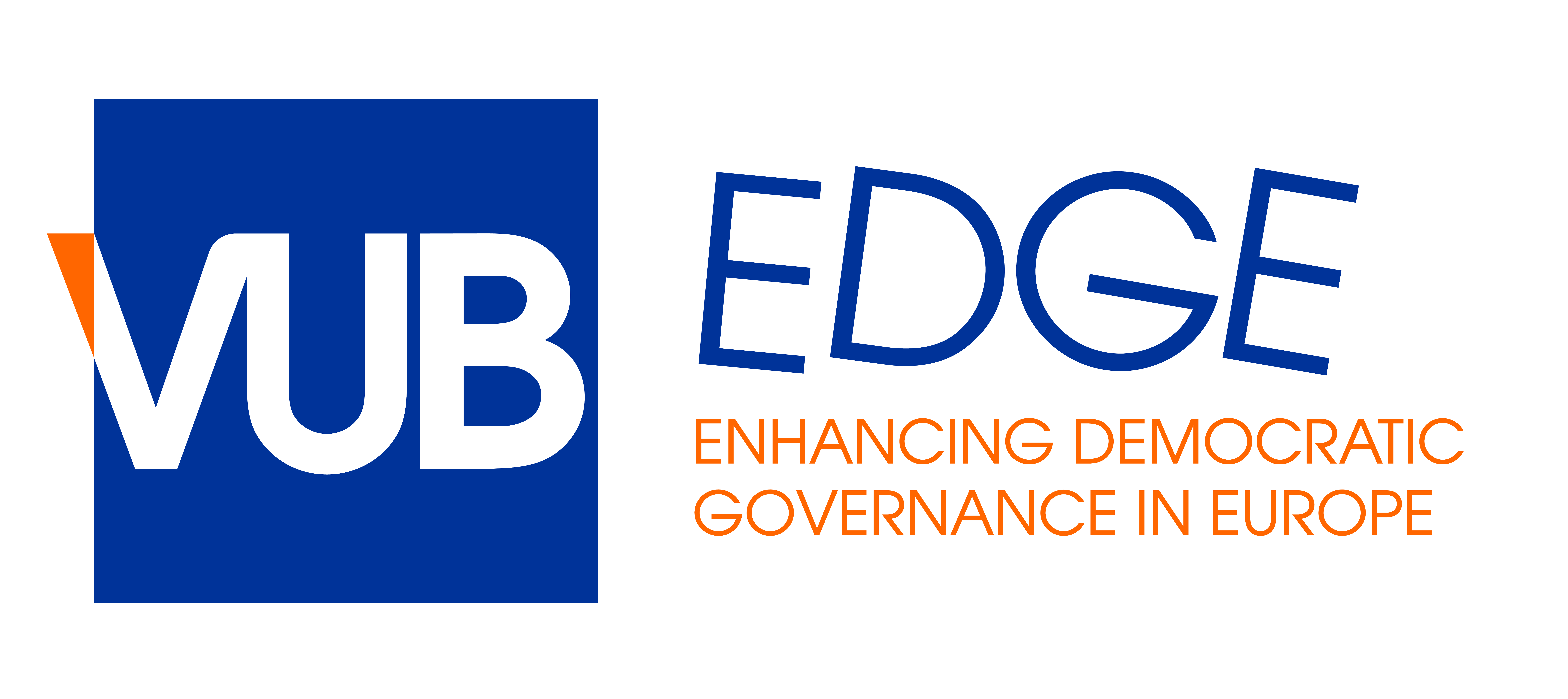WP3 Intersectional Inequalities and Democratic Innovations addresses the long-standingparadox of European democracies that proclaim equality and non-discrimination as fundamental values,invest considerable efforts in promoting equalities but have not managed to make inequality declinenor vanish. It also addresses the paradox between the practices of exclusion and bordering that arerequired for sustaining democratic polities in Europe, and the proclaimed principles that all humanbeings are morally equal and free. WP3 focuses on two main research questions: how are intersectionalprotests and solidarities in view of equ(al)ity and non-discrimination built, and how can minority andmigrant perspectives alter dominant ways of thinking that materialize in public discourses and policies?Feminist and postcolonial research has shown that we need to integrate the perspectives of those whoare victims of discrimination and exclusion to understand mechanisms of inequality. Traditional socialscience methods like surveys, interviews and focus groups have not succeeded in fully capturingminority and migrant perspectives. Moreover, researchers have not yet put the spotlight on howminority and migrant perspectives can alter dominant ways of thinking about mechanisms that produceintersectional inequalities, and how they can influence debates in the arenas of power. These questionsnecessarily integrate different research fields that have hardly reached mainstream social movementsand public policy studies. WP3 is at the forefront of integrating disparate insights through innovativemethods like deliberative experiments, affect analysis, art-based experiments, and restorative anddeliberative interventions. Although this approach is high-risk because of its double innovative nature- i.e., the minority approach perspective and the mix of new methods -, it is also high-gain: thisapproach stands a better chance to answer the pressing question of how, after decades of aiming formore equal and just societies, we may get closer to that target.
